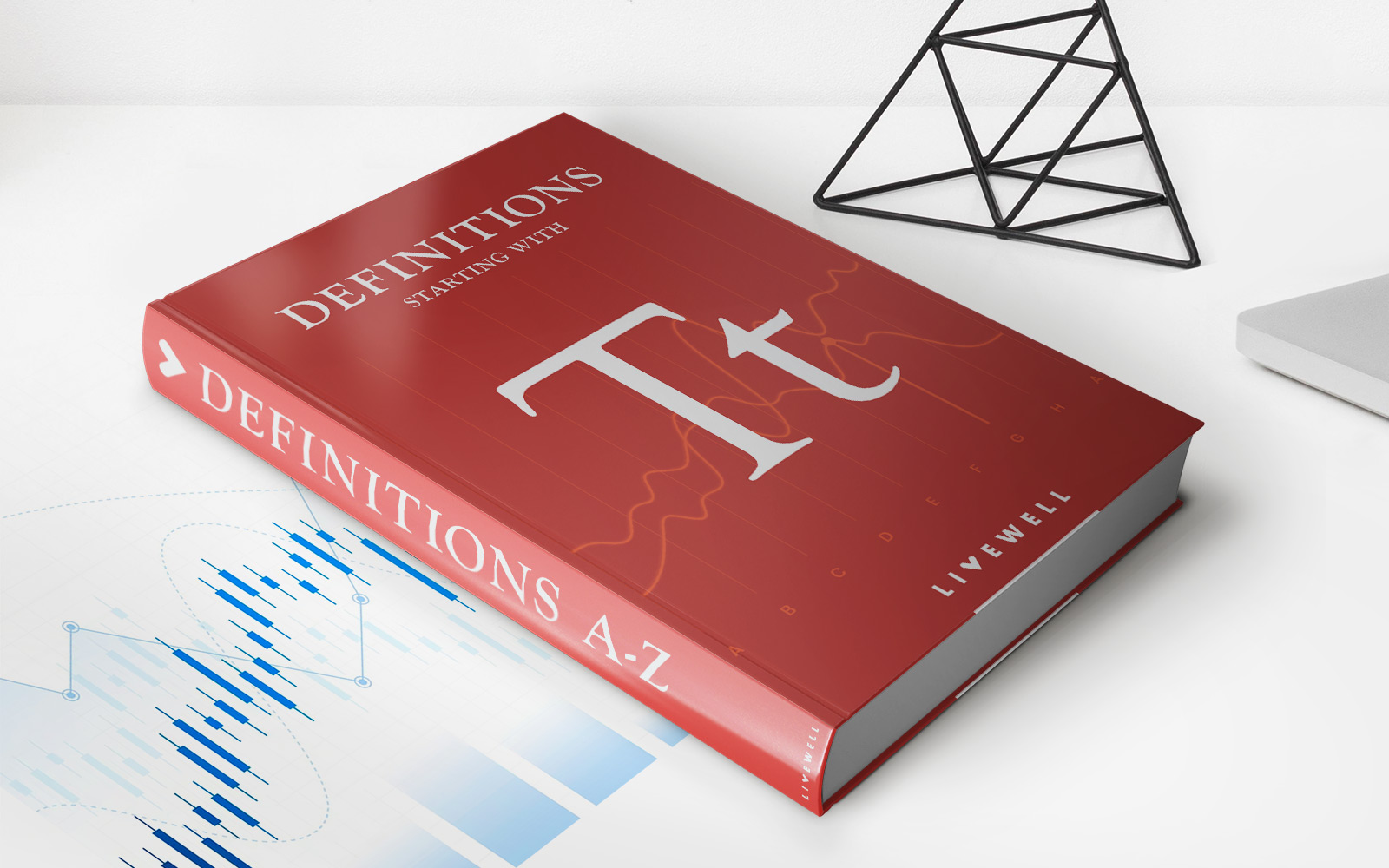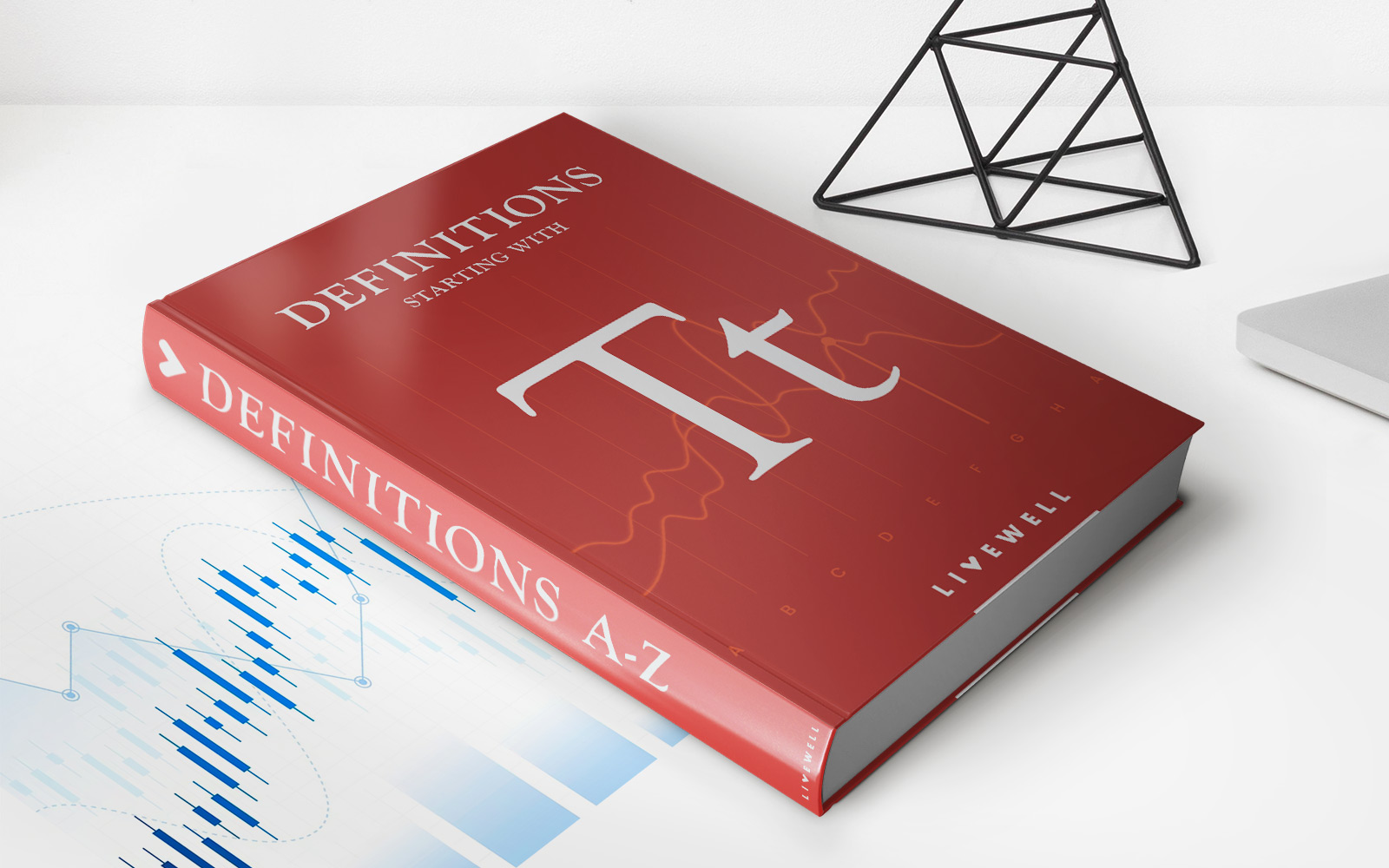Home>Finance>Insider Trading Sanctions Act Of 1984 Definition


Finance
Insider Trading Sanctions Act Of 1984 Definition
Published: December 10, 2023
The Insider Trading Sanctions Act of 1984, a significant legislation in the field of finance, aims to regulate and criminalize illegal insider trading activities. Discover its definition and implications.
(Many of the links in this article redirect to a specific reviewed product. Your purchase of these products through affiliate links helps to generate commission for LiveWell, at no extra cost. Learn more)
Demystifying the Insider Trading Sanctions Act of 1984
When it comes to navigating the complex world of finance, understanding various legal frameworks is of utmost importance. One such legislation that has had a significant impact on the financial industry is the Insider Trading Sanctions Act of 1984. This act was introduced to regulate and deter illegal trading practices that give certain individuals unfair advantages in the market. In this blog post, we will delve into the definition of the Insider Trading Sanctions Act of 1984 and shed light on its key provisions.
Key Takeaways:
- The Insider Trading Sanctions Act of 1984 was enacted to curb the illegal practice of insider trading in the financial markets.
- This act imposes severe punishments and penalties against individuals found guilty of engaging in insider trading activities.
So, what exactly is the Insider Trading Sanctions Act of 1984? This legislation, also known as the ITSA, is a federal law in the United States that specifically targets the misuse of material nonpublic information for trading purposes. Insider trading refers to the buying or selling of securities, such as stocks or bonds, based on confidential information that is not yet available to the public.
Under the Insider Trading Sanctions Act of 1984, individuals who engage in insider trading can be subjected to criminal, civil, and administrative sanctions. The act establishes a framework for prosecuting and penalizing those involved in such illegal activities, ensuring that the financial markets operate fairly and transparently.
There are several key provisions within the act that are crucial for understanding its scope and impact:
1. Definition of Insider Trading:
The Insider Trading Sanctions Act of 1984 defines insider trading as the act of either buying or selling securities while in possession of material nonpublic information, or tipping others about such information, with the intent to profit or avoid losses.
2. Criminal Penalties and Punishments:
The act imposes severe criminal penalties for individuals convicted of insider trading. Those found guilty may face fines of up to three times the profit gained or losses avoided, along with potential imprisonment for a maximum period of 20 years.
3. Civil Penalties:
In addition to criminal sanctions, the Insider Trading Sanctions Act of 1984 allows for civil penalties. The Securities and Exchange Commission (SEC) can bring civil actions against individuals or institutions involved in insider trading, leading to monetary fines and injunctions.
4. Administrative Sanctions:
The act also empowers the SEC to take administrative actions against individuals or entities engaged in insider trading. The SEC can impose industry-related penalties, such as suspending or revoking licenses, and can seek disgorgement of ill-gotten gains.
It is important to note that while the act primarily targets those who engage in insider trading, it also emphasizes the responsibility of company insiders, such as executives and board members, to refrain from providing nonpublic information to others for personal gain.
In Conclusion:
The Insider Trading Sanctions Act of 1984 plays a vital role in safeguarding the integrity of financial markets by deterring and penalizing illegal insider trading. By understanding the provisions and consequences of this act, investors and market participants can navigate the financial landscape with confidence and ensure fair and transparent trading practices.
Key Takeaways:
- The Insider Trading Sanctions Act of 1984 defines and penalizes the illegal practice of insider trading.
- It imposes severe criminal, civil, and administrative sanctions against individuals found guilty of engaging in insider trading activities.














